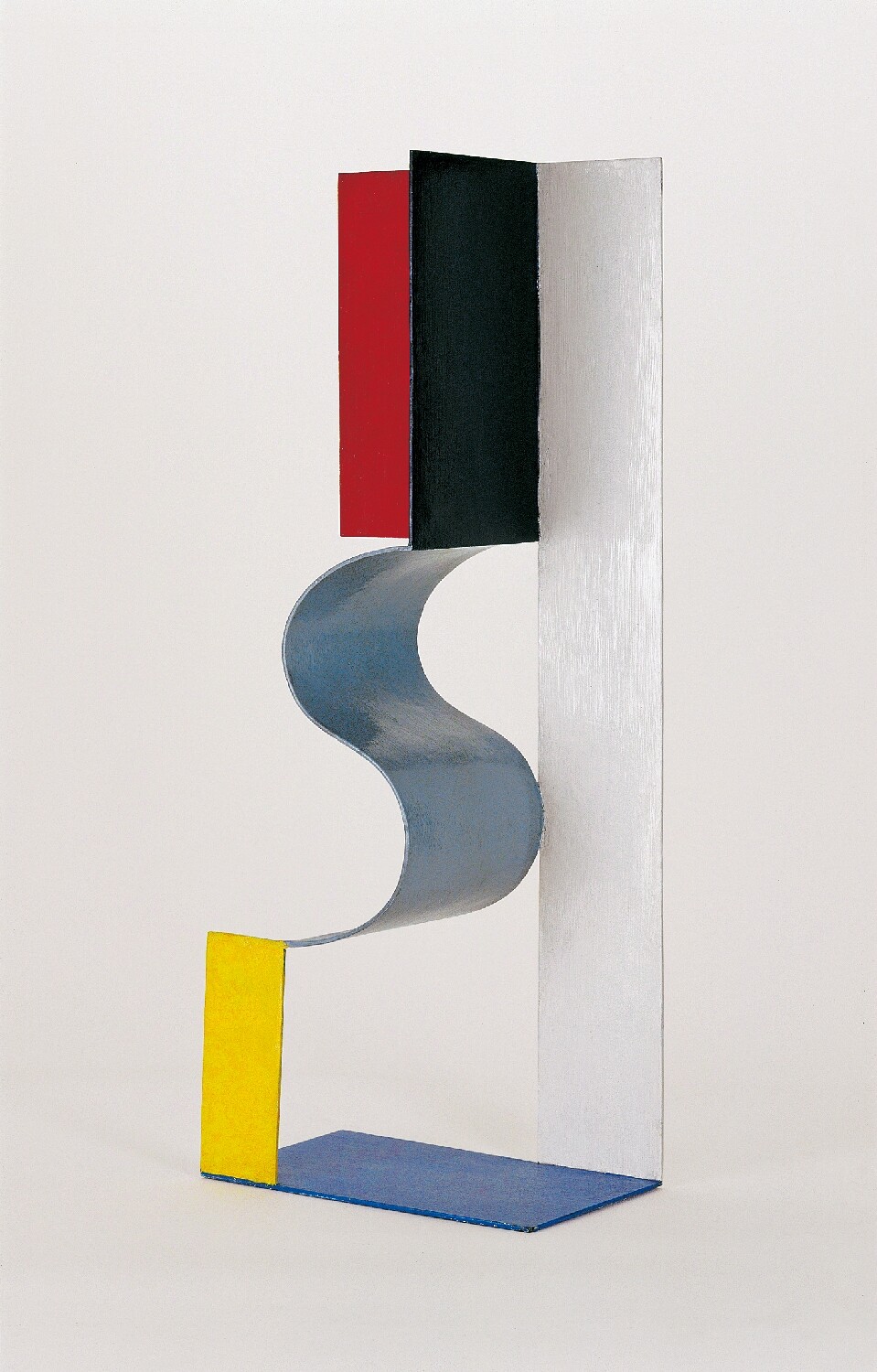Wieckowskiego 36 St.
90-734 Lodz
Poland
Hours: Tuesday 9am–4pm,
Wednesday–Sunday 12am–6:30pm
In 2020 Muzeum Sztuki is organising a series of exhibitions that investigate artists’ approaches towards collecting and exhibition-making. The roots of Muzeum Sztuki as an institution date back to the turn of the 1920s and 1930s, when a group of radical artists began collecting the works of European avant-garde. In this way, the International Collection of Modern Art of the “a.r.” group was created—a unique symbol of solidarity and cooperation. With the mission to constantly renew the potential of the collected works and archives, the institution returns to this founding gesture by an exhibition that traces the origins of avant-garde institutions run by artists. In The Avant-garde Museum (October 2020–February 2021), the history of Muzeum Sztuki will be juxtaposed with similar attempts: Museums of Artistic Culture, created in post-revolutionary Russia, Kabinett der Abstrakten designed by El Lissitzky in Hannover, and Société Anonyme, founded in the early 1920s by Katherine S. Dreier, Marcel Duchamp, and Man Ray.
Composing the Space. Sculptures in the Avant-garde (October 2019–February 2020), by staging another community of artworks, is following the experiments of avant-garde sculptors and tracks the consequences of fascinating modernist “discoveries” on the relationship between space, movement, and body. Their guide is Katarzyna Kobro and her works, shown in the context of the works of such contemporary artists as: Naum Gabo, Alexander Calder, Barbara Hepworth, and Julio González.
Muzeum Sztuki traces the way contemporary art reacts to similar impulses. As part of the Prototypes series, invited artists use the works from the museum’s resources to create models of contemporary reality. The strategy adopted by the choreographer and performer Agata Siniarska for the fourth instalment of the project (June-September 2020) will focus on the embodied experience of visitors (trajectories of eyesight, ways of moving) and works from the collection in affective categories (tenderness and care).
The programme continues presentations of solo exhibitions by two female artists: R.H. Quaytman and Teresa Tyszkiewicz. The exhibition by the former, entitled The Sun Does Not Move. Chapter 35 (November 2019–February 2020), marks a return to the origins of the book project. The first chapters were largely drawing from the material collected by the artist during her first trip to Łódź—the home city of some of her forebears. It is here that the encounter with Polish constructivism provided the starting point for original considerations of the American artist on spatial dimensions of image and painting.
The exhibition of Teresa Tyszkiewicz (March-May 2020) rediscovers the art of this important neo-avant-garde figure. At the turn of the 1970s and 1980s, she was associated with experimental film and contributed to the inclusion of this medium in the field of art. She is also the author of performances, objects, and assemblages that rely on primacy of the sense of touch as the basis of the experience of art. Radically subjective and based on intuition, Tyszkiewicz’s work brings art and life practice closer together.
The museum will also investigate the complexities of notion of Planetary State of Emergency. The Politics of Conservation (October 2020–January 2021) in relation to the human environment. Modernity was based on the assumption that we need to protect the cultural and biological heritage of Humankind, as well as social rituals related to the conservation of the past. However, modernization leads to a clash between eco-friendly initiatives and deepening industrialization. The artists’ projects will contribute to the study of ideologies underpinning these two trends and the search for solutions.
The project will also be synchronised with one of the themes of the annual CIMAM conference, organized jointly with NOMUS in Gdańsk (November 6–8, 2020). It is the largest organization for museologists and museums of modern art and is one of the most important events for this community. Coinciding with the 90th jubilee of the institution, next year’s conference will be organised under the title: Peripherising the Global: The Museum in the face of Turbocapitalism, Xenophobia, and Climate Emergency.



